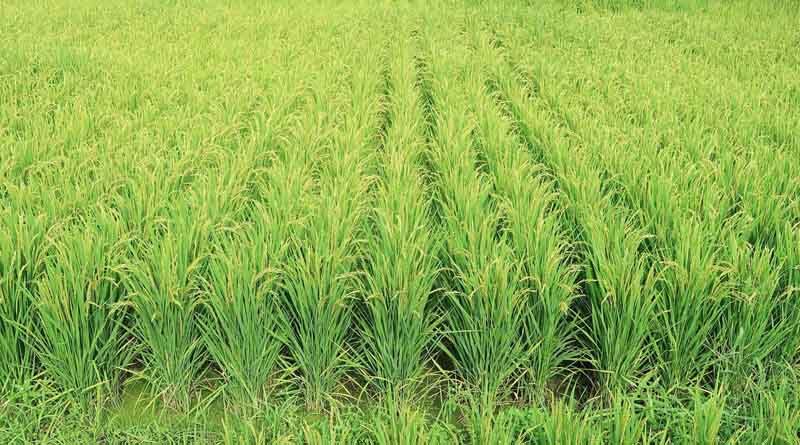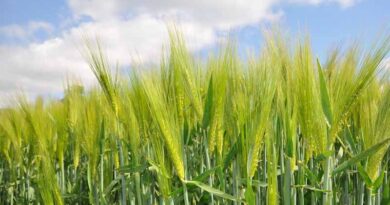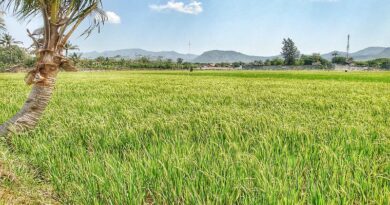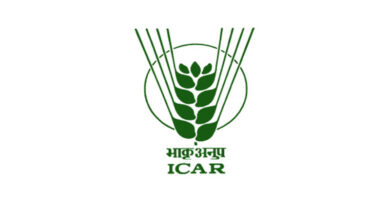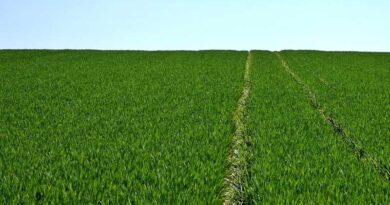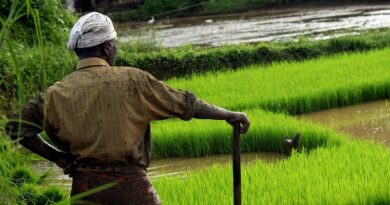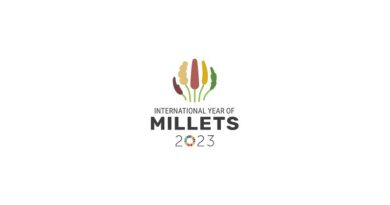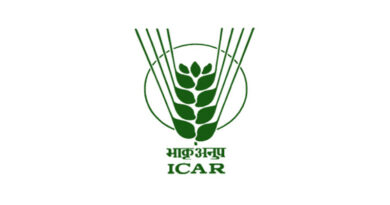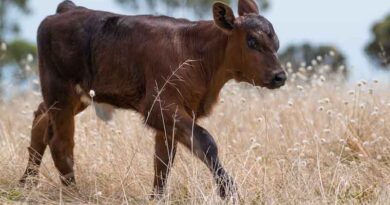Stabilizing Agricultural output
20 December 2023, New Delhi: The Department of Agriculture & Farmers Welfare (DA&FW) is implementing various schemes namely National Food Security Mission (NFSM), Mission for Integrated Development of Horticulture (MIDH), Rashtriya Krishi Vikas Yojana (RKVY), National Mission for Sustainable Agriculture (NMSA) etc. for increasing Production, Productivity and minimizing risks associated with climatic variability ensuring sustainable agricultural production. Concerted efforts by Central Government and states has resulted in record foodgrains production of 329.69 million tonnes during 2022-23 (Final Estimates of DES). The scheme Pradhan Mantri Fasal Bima Yojana (PMFBY) also ensure providing financial protection to the farmers against crop loss due to natural disasters, encouraging them to adopt and implement modern agricultural practices. Farmers with crop loss of 33% and above due to natural calamities also avail input subsidy as per NDRF/SDRF norms.
Indian Council of Agricultural Research (ICAR), launched a flagship network project ‘National Innovations in Climate Resilient Agriculture’ (NICRA) in 2011 to enhance the resilience of agriculture sector against climate change. The project aims to develop and promote climate resilient agriculture to address vulnerable areas of the country and help the districts and regions to cope up with extreme weather conditions like droughts, floods, frost, heat waves etc. Further to enhance the resilience of agricultural sector against the increasing unpredictability of monsoon pattern, ICAR has released 2380 high yielding varieties/ hybrids of field crops for different agro-climatic conditions during 2014 to 2023 including 240 less water requiring/drought/moisture stress/water stress tolerant comprising 128 of cereals, 22 of oilseeds, 34 of pulses, 9 of fibre crops and 29 of sugar crops. Besides, a total of 72 flood/submergence/water logging tolerant field crop varieties including 46 of rice, 2 of maize, 1 of sorghum, 5 of Jute, 1 of rice bean and 17 of sugarcane have been developed. In addition to above, 42 heat stress/high temp tolerant, 17 of cold/frost/winter chilling/low temp tolerant varieties of different field crops have also been developed. The above specific crop varieties are being promoted for cultivation in the country under different agro-climatic conditions.
Indian Council for Agricultural Research Institute for Dryland Agriculture (ICAR-CRIDA) also develops the District Agriculture Contingency Plan (DACP) for 650 districts to mitigate the impact of weather related challenges and circulates to all State Agriculture Departments. The plan contains suitable technology interventions. The Department of Agriculture and Farmers Welfare also issues advisory to the States for creating awareness campaign and to implement contingency plan as per local need.
Central Water Commission (CWC) monitors live storage status of 150 important reservoirs in the country and issues weekly bulletin on every Thursday. Weekly Bulletin is shared with the Water Resource (WR) Departments of concerned states and also uploaded on the CWC website. This weekly bulletin is also shared with Inter Ministerial Crop Weather Watch Group (CWWG) to review the status of Reservoir Storage in the country to assess agricultural activities and to suggest remedial measures to states in case of distress situation. Whenever the percentage of departure of current storage of all reservoirs under CWC monitoring in a state falls below 80% of Normal (Average Storage of last Ten years), Advisory is issued to the State Government for judicious use of available water.
Also Read: Four New Baby Plum Tomatoes with ToBRFV Resistance
(For Latest Agriculture News & Updates, follow Krishak Jagat on Google News)

